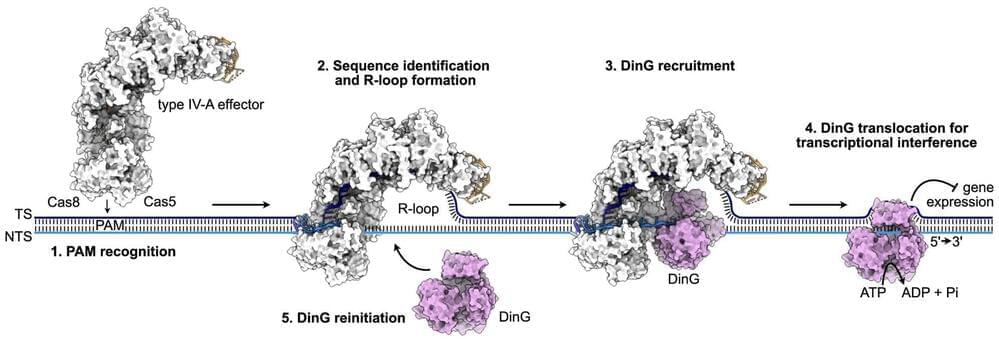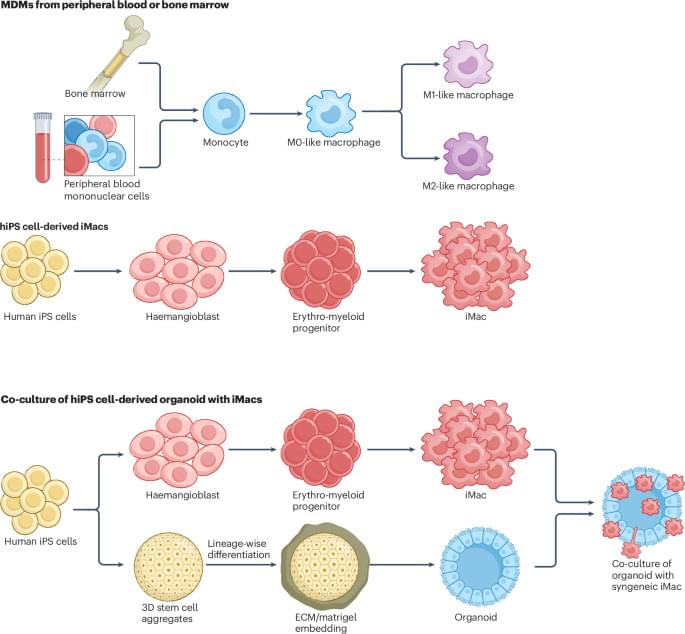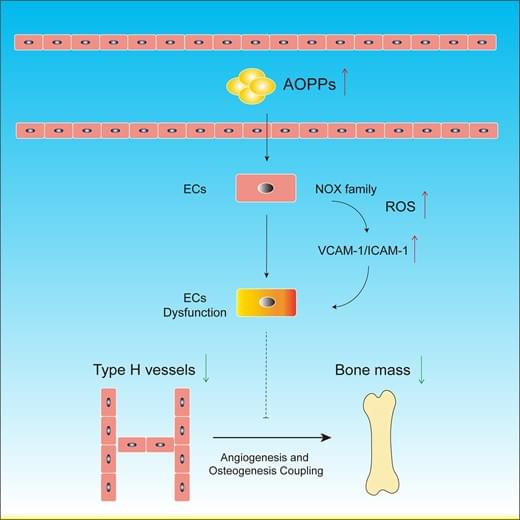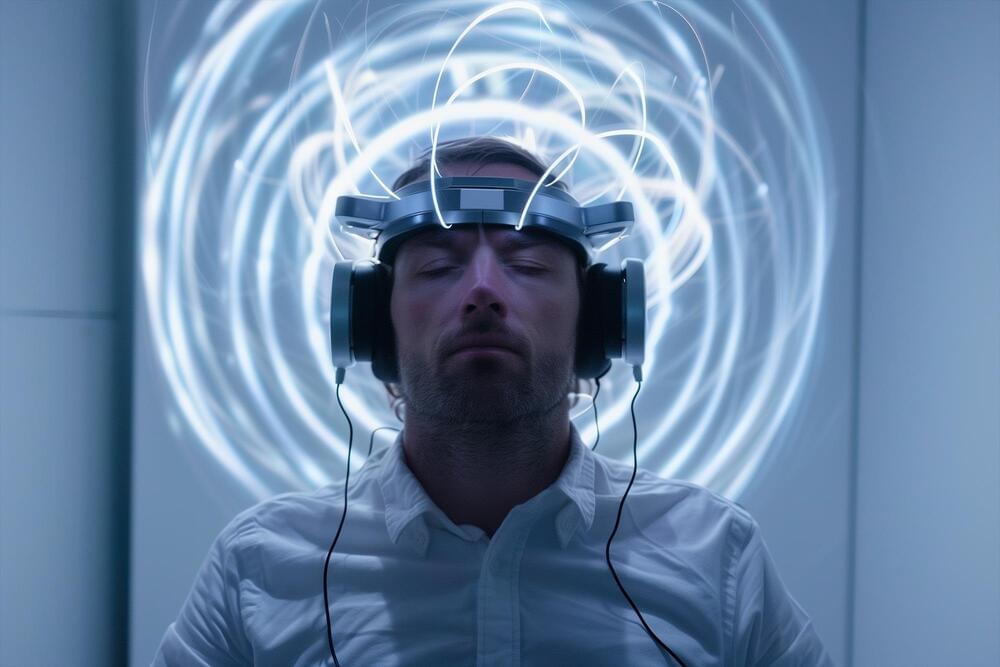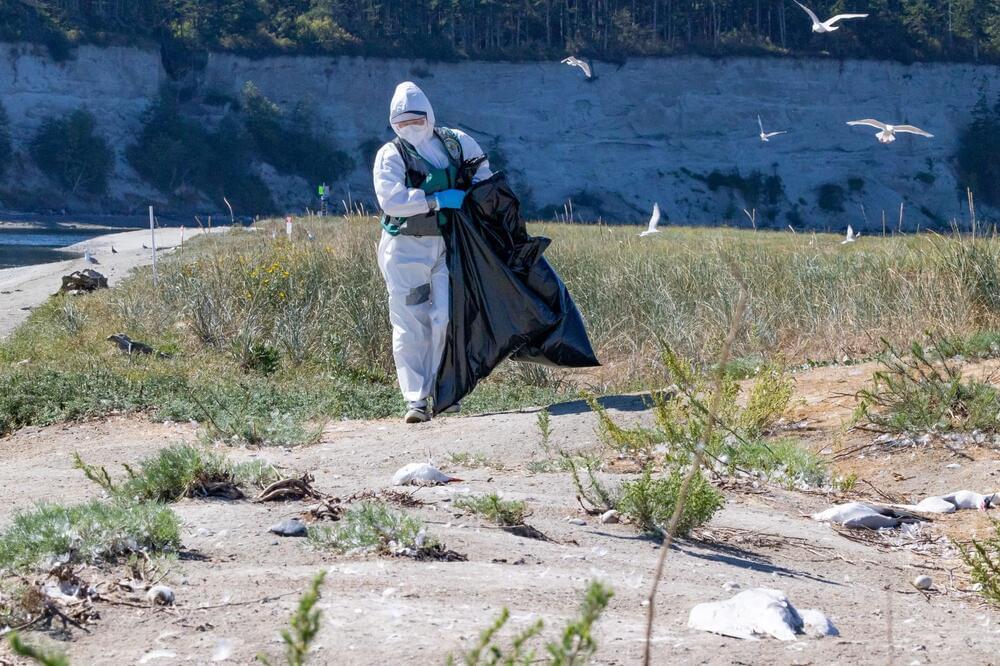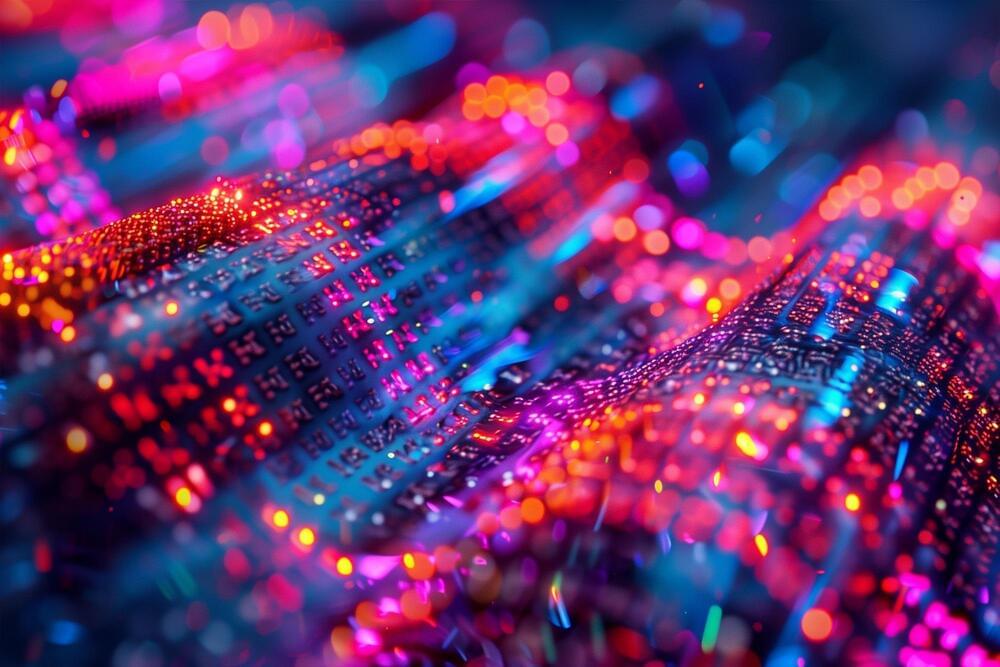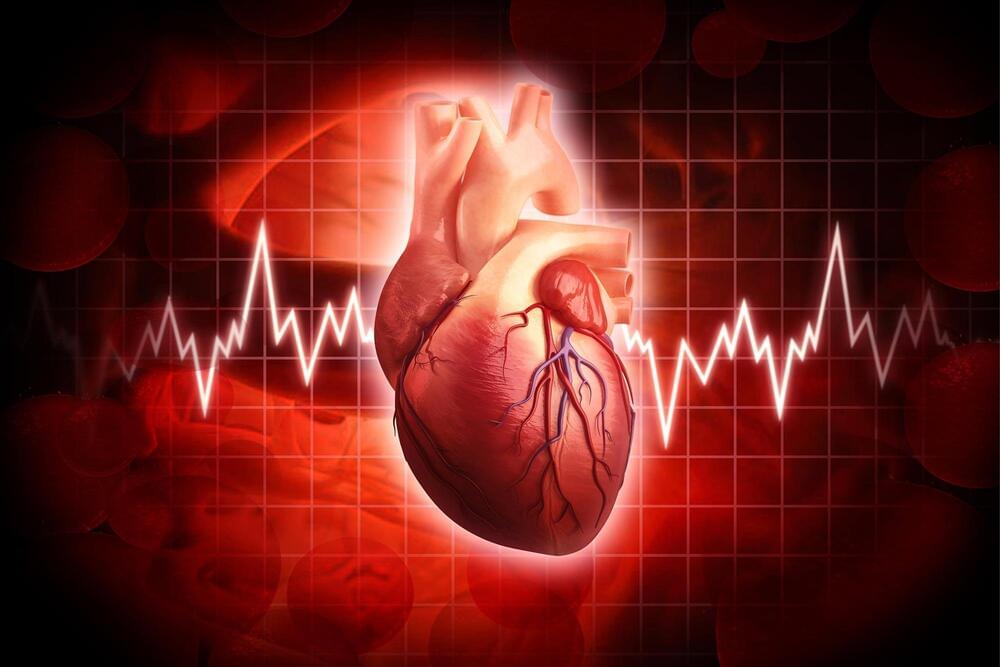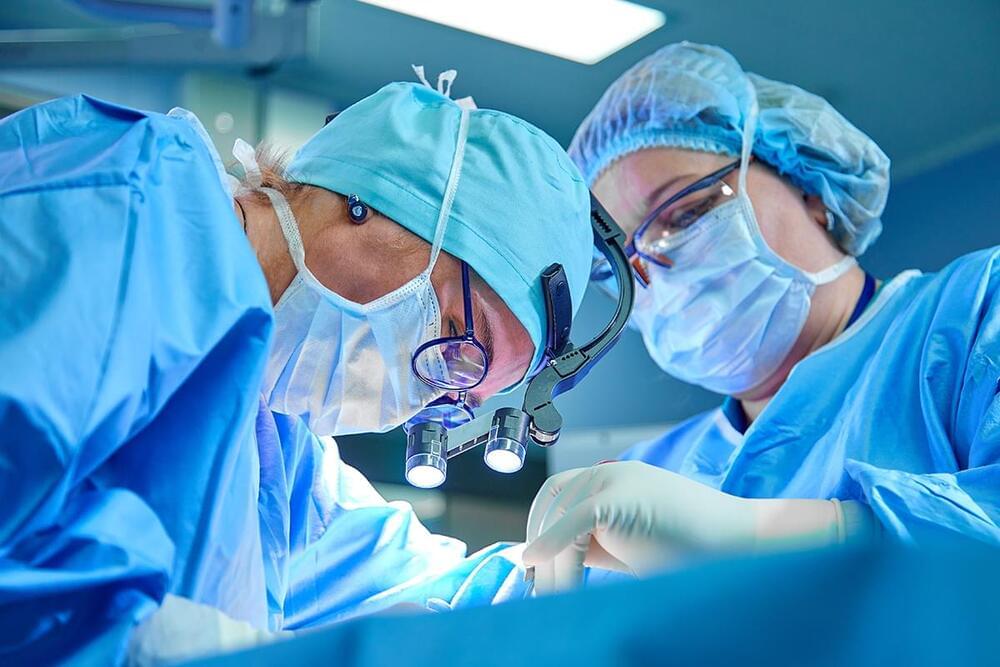A trio of research papers from Stanford Medicine researchers and their international collaborators transforms scientists’ understanding of how small DNA circles — until recently dismissed as inconsequential — are major drivers of many types of human cancers.
The papers, published simultaneously in Nature on Nov. 6, detail the prevalence and prognostic impact of the circles, called ecDNA for extrachromosomal DNA, in nearly 15,000 human cancers; highlight a novel mode of inheritance that overthrows a fundamental law of genetics; and describe an anti-cancer therapy targeting the circles that is already in clinical trials.
The team, jointly known as eDyNAmiC, are a group of international experts led by professor of pathology Paul Mischel, MD. In 2022, Mischel and the eDyNAmiC team were awarded a $25 million grant from the Cancer Grand Challenges initiative to learn more about the circles. Cancer Grand Challenges, a research initiative co-founded by Cancer Research UK and the National Cancer Institute in the United States, supports a global community of interdisciplinary, world-class research teams to take on cancer’s toughest challenges.
